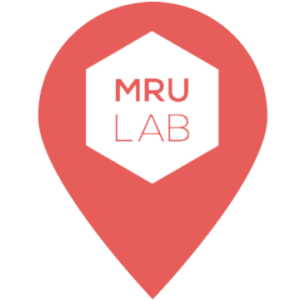
Partner:
Mykolas Romeris University – Lab of Social Technologies
Vilnius Living Lab
The Vilnius Living Lab will be centered on seniors (elder person 60 and above years old) as they are a growing population of aging Lithuanian society with specific needs and interests on public spaces. Thinking about the public space as a service for community, the researchers will analyze how ICT and open space are used together today and from there come up with ideas how to provide the public services in a more efficient way and more specifically tuned to the local context and different community members’ needs. The public space chosen for analysis illustrates good new practice of decreasing gap between age groups, inviting seniors to open space previously used for other age groups and let us follow development of new initiative between municipality, district community and seniors club. So, this will involve multi-stakeholder perspective and new business models such as crowd funding or public-private collaboration in sustainable public development.
Mapping Digital Co-Creation for Urban Communities and Public Places
Authors: Monika Mačiulienė
Increasingly digital communication, social media and computing networks put the end-users at the center of innovation processes, thus shifting the emphasis from technologies to people. In the private sector, this shift to user-centricity has been conceptualized under such approaches as Service-Dominant Logic and Open Innovation 2.0.
Public sector conceptualizes the change through the New Public Governance and Open Government paradigms and suggest that the public value is no longer created by the governments alone but in collaboration between the public entities, private sector, civil society organizations and citizens.
While traditional approaches to public engagement and governmental transformations remain relevant, this article focuses on the growing potential of networked urban communities to solve the social problems. It expands the co-creation research field and suggests a typology discerning co-creation patterns when enhancing the public spaces with a community-wide participation with the use of creative, innovative and cooperative Information and Communication Technologies’ applications.
The sample for web-based monitoring consists of 10 digital applications linked with design and improvement of public spaces in Vilnius, Lithuania. The proposed typology framework gives an overview of the state-of-art in the interaction between people, places and technology. The research helps to discern how different technological, organizational and other social factors influence and shape the patterns of co-creative initiatives.
Mačiulienė, M. (2018). Mapping Digital Co-Creation for Urban Communities and Public Places. Systems, 6(2), 14. doi:10.3390/systems6020014
